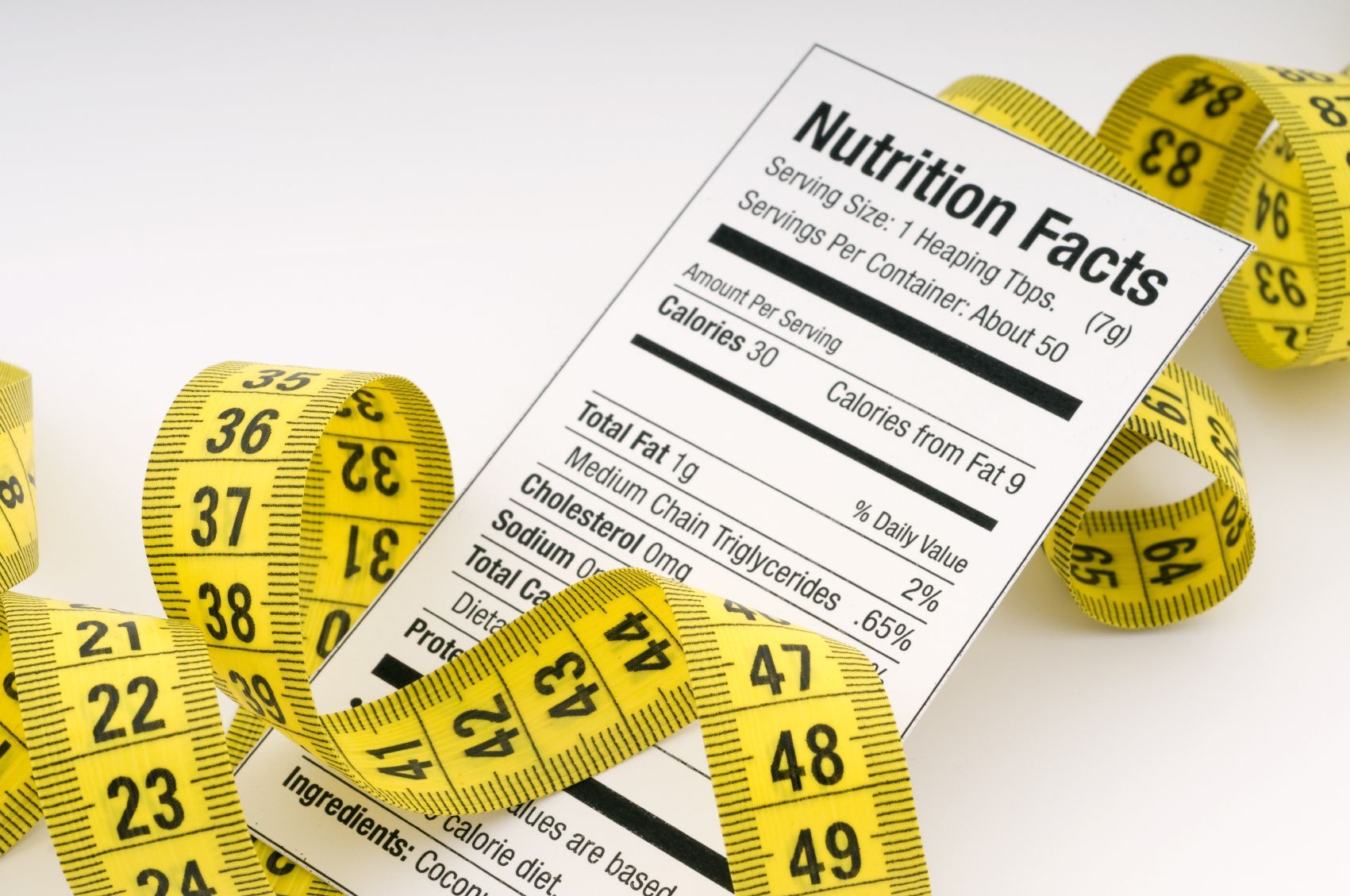Not all calories are created equal…
“I don’t understand, I’m eating so few calories, I practice portion control and eat everything in moderation. Why am I not losing any weight?”
Sound familiar? If this is you, my heart goes out to you. Clearly you are dedicated to losing that excess body weight, and you’ve committed to improving your health, but you just aren’t seeing any of the rewards. Don’t worry, you aren’t alone. I hope I can help shed some light on what’s really happening and what’s going wrong.
The problem is that you, as well as many others, are unfortunately misguided. You’ve subscribed to the all too common narrative that says weight loss is simply calories in versus calories out. When in actual fact, there’s much more to it.
I think a good place to start is to understand exactly what a calorie is first of all. Calories are simply units of measurement that indicate the amount of energy in food. They are literally measured by burning the food in a machine, just as you would a piece of wood. That’s it.
Now, there are 3 macronutrients that make up calories. They are Proteins, Fats and Carbohydrates. Proteins have 4 calories per gram, Fats have 9 calories per gram and Carbohydrates have 4 calories per gram. So from this very basic interpretation of each macronutrient, you would likely want to avoid fats at all costs, right? I mean, with over double the calories per gram than that of Proteins and Carbs, avoiding fats will help to keep your calories low.
But the problem with that line of thinking is that it completely discounts how the body receives and interprets each of these individual macronutrients. And it’s in understanding how the body reacts to the food we eat that we can really get a handle on when fat loss occurs….and when it doesn’t.
So what do I mean when I talk about how the body reacts to food? You see, unlike the machine that burns the food, our bodies have an endocrine system, and so operate on hormones. And those hormones don’t react to calories per se, they respond instead very specifically, and very differently, to each of the aforementioned macronutrients – protein, fat and carbohydrates.
So let’s label each macro with their relevant hormonal response:
Protein: Fat Burning
Fat: Neutral
Carbs: Fat Storing
Protein is designed to build and repair within the body. Our hair, nails, muscle, joints and ligaments are all made up of proteins. So there are generally very few arguments that proteins are a necessary component of any healthy diet. Now, in what amounts it is necessary is up for debate, and a discussion for another day! But it’s fair to say that unless you are grossly overconsuming proteins, you won’t cause a massive spike in any fat storing hormones.
Okay, so this is where things begin to get interesting. It turns out that fats are neutral in their hormonal response within the body, while carbohydrates are fat storing. Meaning that although fats have a higher caloric density, they don’t illicit the fat storing response within the body that carbs do.
When we eat carbs, our body releases insulin (the storage hormone), which removes glucose from the bloodstream and stores the excess as glycogen in the liver. But what happens when our liver stores are full? Well, then the remaining excess sugar spills over and is stored as fat.
Now you are beginning to see that it isn’t just a case of calories in versus calories out. A calorie isn’t just a calorie as you have been led to believe all this time. What your body does with each and every calorie you consume depends entirely on the food it comes from. So just lowering the amount of calories you consume without regard for macronutrients is a flawed method for weight loss, and is sadly destined to fail.
The aim and objective of any good diet should be to eat foods that will create a healthy hormonal environment within your body. And a healthy hormonal environment is one where the body efficiently uses the calories you eat, as opposed to storing energy as body fat.
Understanding this concept is the key to regaining control of your body and maximising your ability to burn off that excess bodyfat.

